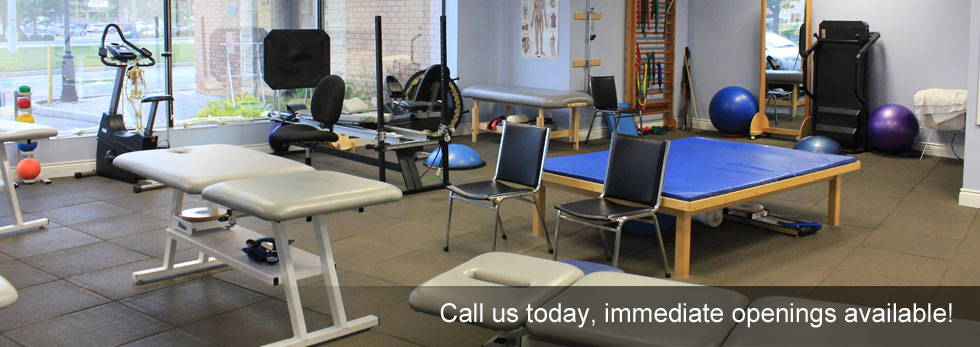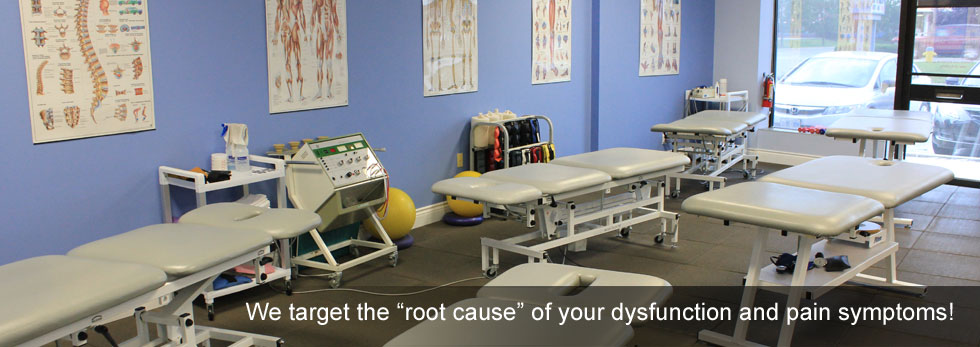Thank you for being so professional and genuinely caring!
– J S
Q: I have the most painful ankle in the world. In fact, I'm literally ready to have the surgeon just cut the foot off. I can't walk much less run. Can't ride my horse anymore. Can't keep up with my grandkids. I asked about a joint replacement but the surgeon put me off. Said it was too 'experimental.' I know people are getting them. What do other patients say about their results? If it's good, I'm going to find someone to do the surgery anyway.
A: Surgeons agree that a total ankle replacement is a complex, challenging procedure. It is prone to many complications that often require further (revision) surgeries. However, it is a reasonable approach for some patients and is still considered an acceptable alternative to ankle fusion (or amputation).
Since the 1970s when the first ankle replacement was attempted, the implants have been redesigned and improved. These second generation implants have led to better results but patients still report less than perfect results.
Most patients experience improved motion and function. Walking is improved but restoring running isn't a likely result for most patients. Residual pain remains a problem. Infection (skin and deep joint) also remains a problem.
And studies show that up to one-third of all patients experience a failed surgery. Failure usually means the implant has to be removed for some reason. Implant loosening, fracture of the implant itself, and subsidence (implant sinks down into the bone) are common reasons for implant removal or revision.
Surgeons pay attention to longevity as well. It's a major surgical procedure and one for which the hope is long-lasting results without the need for further surgical interventions. The hope is that the implant will last 10 to 15 years at least. Studies with second generation implants are just beginning to report long-term results.
Patients are selected carefully for this procedure. Your surgeon may have some specific reasons why he or she thinks you are not a good candidate. But it's also possible your surgeon doesn't do this type of surgery.
It may be a good idea to find a surgeon who does perform total ankle replacements on more than an occasional basis and get a second opinion. You may get the same answer in which case it would be good to explore your options for better pain management so that you can become more functional. It's possible there are some conservative treatment approaches that could really help.
Reference: James A. Nunley, MD, et al. Intermediate to Long-Term Outcomes of the STAR Total Ankle Replacement: The Patient Perspective. In The Journal of Bone and Joint Surgery. January 4, 2012. Vol. 94A. No. 1. Pp. 43-48.

















